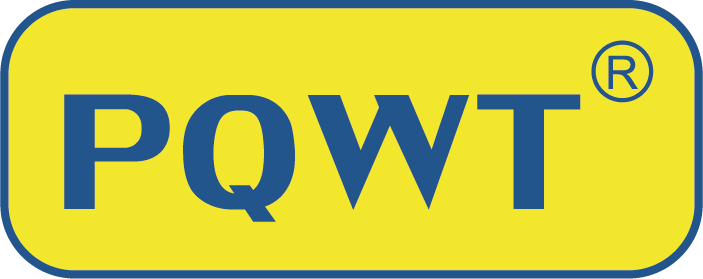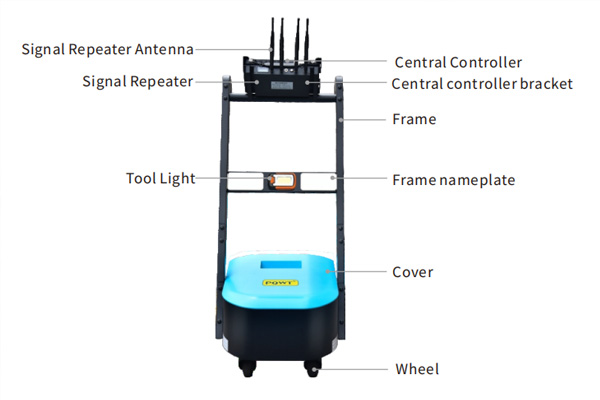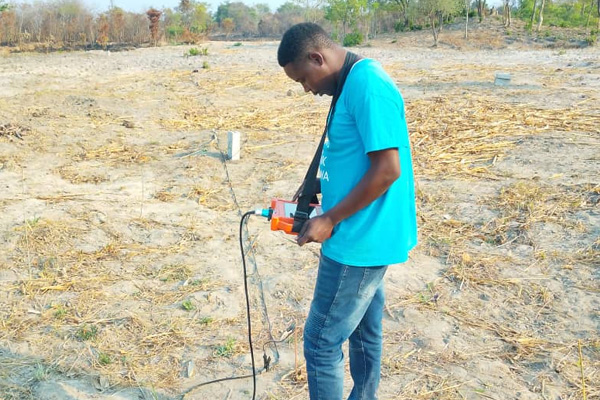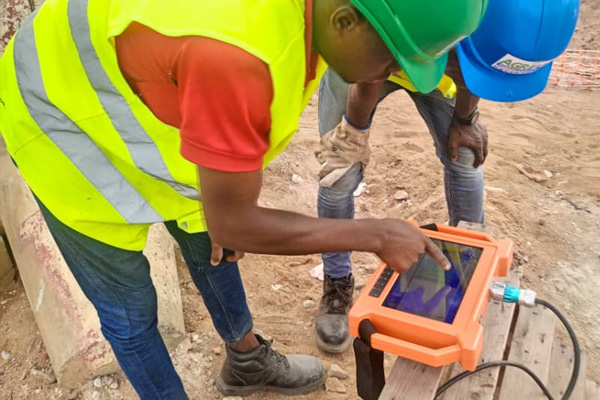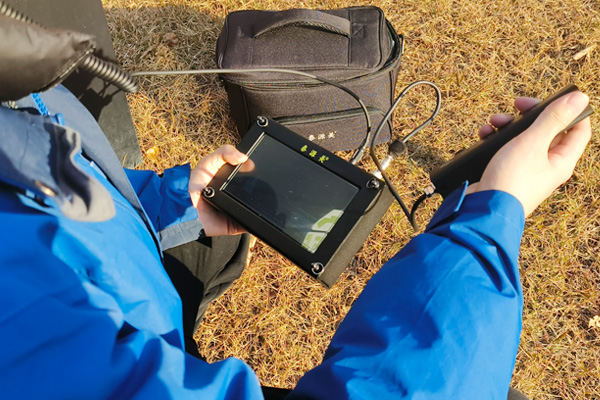1、 Basic principles and applications
Water detector underground is a high-tech tool used to search for groundwater resources. It uses different technical methods, such as geological resistivity measurement, seismic reflection method, magnetic measurement, etc., to identify the location, depth, and water content of underground water layers. This type of equipment is particularly important for arid areas or places in need of finding new water sources, as it can help people effectively locate potential groundwater levels and provide important support for agricultural irrigation, industrial water supply, and even drinking water supply.
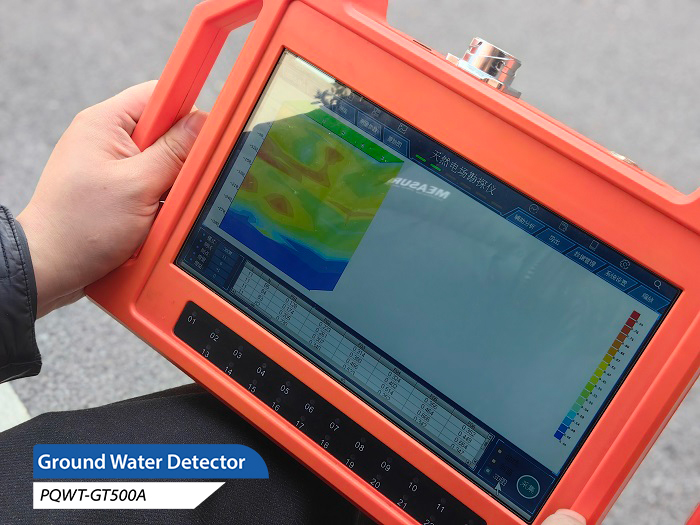
Problems and challenges that will be encountered
Although water detector underground provides enormous potential in theory, it also faces a series of challenges in practical operation:
Geological complexity: The geological structures in different regions vary greatly, which directly affects the accuracy of the detection results.
Environmental factors such as soil moisture, salt content, and other natural conditions may also interfere with the detection process.
Technical limitations: Although existing detection technologies are advanced, they still have certain limitations and may not provide accurate answers under certain extreme conditions.
2、 Consideration of testing costs
The specific cost of groundwater source detection is influenced by multiple factors:
1. Regional differences: Service prices vary with geographical location. Generally speaking, service fees are relatively higher in developed cities, while they may be cheaper in rural or remote areas.
2. Project scale: The time and resources required may vary depending on the size of the survey area. Larger projects often mean higher cost investments.
3. Technology selection: The method and technology used for detection also affect the final price. For example, data analyzed using advanced remote sensing technology and professional software is much more expensive than simple on-site sampling.
4. Service provider experience: Professional teams with rich experience and good reputation usually charge higher fees, but the solutions they provide are more reliable and can reduce unnecessary repetitive work.
5. Additional services: In addition to basic detection, some companies may also provide value-added services such as report writing and data analysis, which will be included in the total quotation.
3、 Summary
In summary, utilizing water detector underground to search for valuable groundwater resources is a task that is both scientific and challenging. Considering the complexity and importance of this task, users should fully understand all relevant cost components and carefully evaluate their financial situation and expected benefits before deciding whether to carry out such activities. In addition, collaborating with reputable professionals to ensure the smooth and efficient completion of the entire process is also a crucial step. By rational planning and fully utilizing existing resources, the advantages of groundwater source detection technology can be maximized, thereby better serving the development needs of human society.



